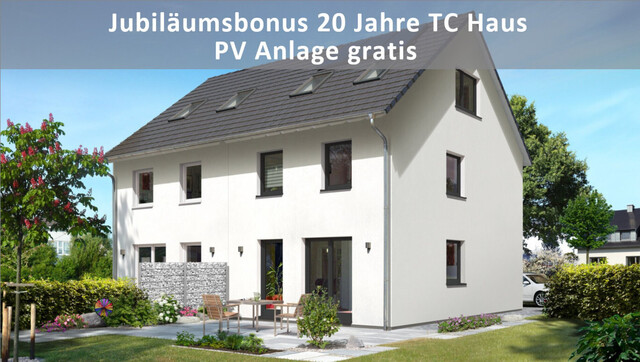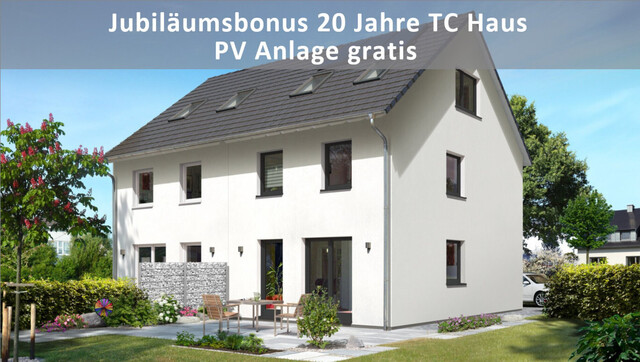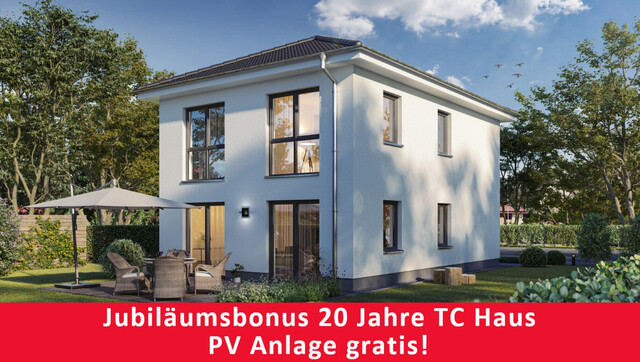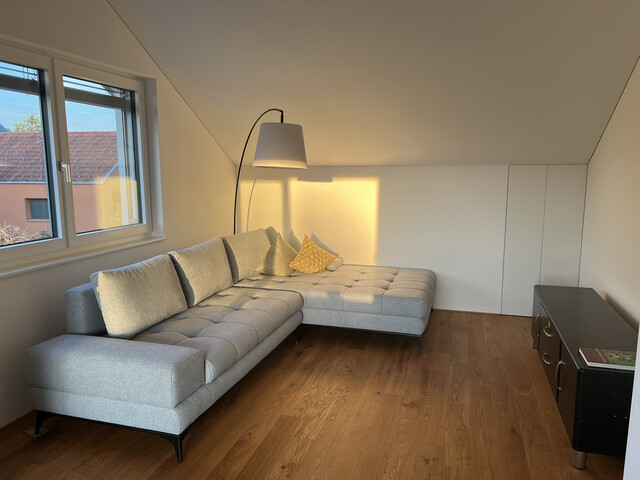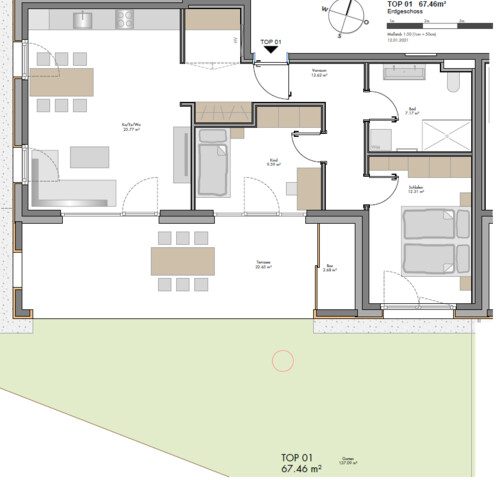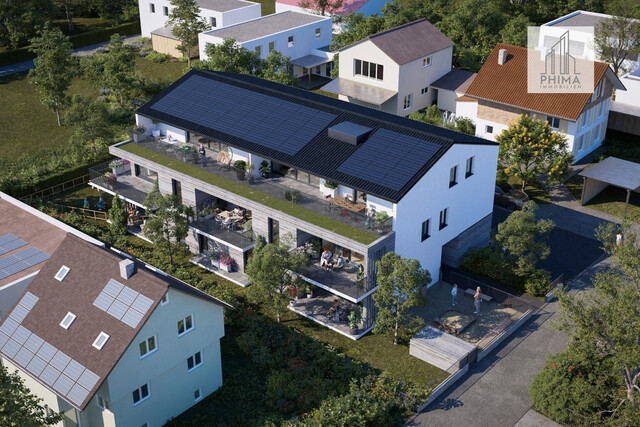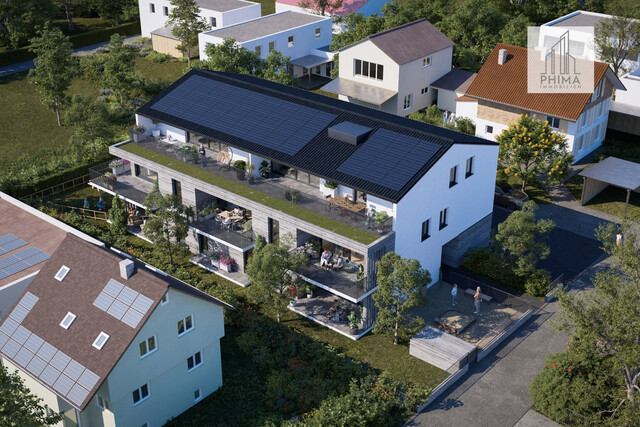Video Surveillance in Public Places is Being Significantly Expanded

Video surveillance at locations potentially affected by crime will be made easier. This is outlined in a new decree from the Ministry of the Interior. As department head Gerhard Karner (ÖVP) emphasized in an APA interview, the police should receive contemporary and modern powers. Currently, video surveillance in Austria exists only at 20 locations, such as Reumannplatz in Vienna and Jakominiplatz in Graz. In the future, it could be used at a three-digit number of places.
Interior Minister Karner Enables More Video Surveillance
Currently, the possibilities are still limited. Video surveillance can only be used in public places where dangerous attacks have already occurred. The new decree expands this option to places where "based on the security police's assessment and a risk forecast, there are indications of future dangerous attacks or recognizable criminal structures."
This expansion also corresponds to a wish of the cities and municipalities, as Karner emphasizes. The executive will determine in close consultation with them where additional surveillance can be introduced. Currently, there are places with video surveillance in seven federal states, except in Vorarlberg and Burgenland.
Storage Duration Remains at 48 Hours
The storage duration of the recordings will remain at 48 hours. During police operations, there is no permanent "monitoring" at the surveillance locations. Here, a "live transmission" is only carried out at certain times, especially during focus actions.
Despite a knife ban recently introduced at Yppenplatz in Vienna-Ottakring, a stabbing attack recently occurred there, which does not make Karner doubt the measure. If the police say the ban makes it easier to "move in robustly" at such places, the executive should also be given the opportunity to do so. Karner assessed the incident as follows: "If something is prohibited, unfortunately, it does not mean that it has been prevented."
Knife Bans to be Expanded
Basically, the Interior Minister sees an expansion of the ban as part of the strategy against youth crime, which is to be advanced in the fall. This is also stated in the government program. Other planned measures in this context include "prison-like stays" for under-14-year-olds who have embarked on a criminal career.
The tightening of gun laws, which was announced by the government after the rampage at a school in Graz, is likely to take a little longer: "I do have some understanding for some impatience in this area, especially in Graz." However, we receive proposals from different organizations practically every day, and these should also be incorporated into the planned amendment.
Karner against retroactive gun law
As "guidelines" for the tightening, the points already noted by the Council of Ministers should serve. Among other things, the minimum age for acquiring particularly dangerous weapons is to be raised, and data matching between authorities is to be improved. Karner does not support the SPÖ's call for a retroactive regulation. He refers to the unanimous decision in the Council of Ministers, which does not contain a corresponding clause. When asked if an agreement will be reached by summer, he says: "I am very much in favor of prioritizing quality over speed here. The experts are working flat out."
There will be no monitoring of messengers for "normal" crimes, as some parts of the police wish, in the foreseeable future: "We have to implement the things that are agreed upon in the government program," he indirectly refers to the coalition partners' opposing stance on this point. The fact that the monitoring of threats has been achieved at all after years of discussion can also be described as a milestone, according to the Minister. Now it is about implementation. However, it will not start until 2027. The Interior Minister left open when it will be decided which software will be used.
FPÖ against groundless "spying"
The FPÖ stated on Sunday afternoon that it "principally" supports police video surveillance, but these should not lead to "totalitarian conditions." "Just because the ÖVP Interior Minister fails in fighting crime, our citizens should not be spied on without reason," said the FPÖ security spokesman Gernot Darmann. However, Karner's initiative was explicitly welcomed by the President of the Association of Municipalities, Johannes Pressl. He spoke of "an important step" in preventing crimes.
(APA/Red)
This article has been automatically translated, read the original article here.
Du hast einen Hinweis für uns? Oder einen Insider-Tipp, was bei dir in der Gegend gerade passiert? Dann melde dich bei uns, damit wir darüber berichten können.
Wir gehen allen Hinweisen nach, die wir erhalten. Und damit wir schon einen Vorgeschmack und einen guten Überblick bekommen, freuen wir uns über Fotos, Videos oder Texte. Einfach das Formular unten ausfüllen und schon landet dein Tipp bei uns in der Redaktion.
Alternativ kannst du uns direkt über WhatsApp kontaktieren: Zum WhatsApp Chat
Herzlichen Dank für deine Zusendung.


